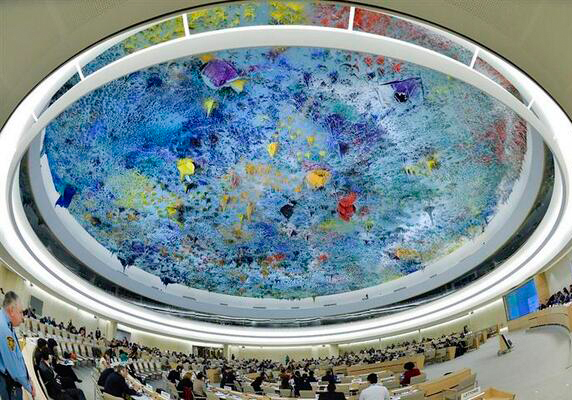Oral statement of the ICJ on the Progress reports and further discussion or decisions of the Working Group on the Universal Periodic Review, released on Monday 4 December 2006 at the third session of the Human Rights Council.
Thank you Mr. President,
The International Commission of Jurists considers that the Universal Periodic Review (UPR), if wisely constructed, could contribute to the promotion and protection of human rights, as well as the prevention of human rights violations around the world, based on principles of universality, impartiality, objectivity and non-selectivity (Resolution 60/251 of the General Assembly, para. 4). Whether it does so will depend largely on how this new procedure is designed. If the Human Rights Council took these principles seriously in creating the UPR, it would contribute to the credibility of the UPR proceedings and remove inappropriate political influences from this new mechanism. In making decisions or taking action through the Council on any country, other states inevitably take into account political considerations. However, at least prior to such a decision at the political level, the review of the fulfilment by each state of its human rights obligations and commitments should be based on a impartial, objective and technical expert assessment, which should be free from political pressures or influences. One of the major challenges is to ensure that the review procedure will not be hostage to politicization, double standards and misuse of political power
The ICJ would like to emphasize two aspects of the future Universal Periodic Review.
First, there should be a clear division of labour between the assessment of the national situation and the fulfilment by each state of its human rights obligations and commitments, carried out at the technical, independent level, and decisions on action, taken at the political level by states in the Council. The ICJ considers that, with a view to having an objective, impartial and technical assessment, it should be carried out by an expert body, like a Working Group of independent experts. This assessment will be the basis for a dialogue with the country concerned and the preparation of recommendations for adoption by the Human Rights Council.
Secondly, recommendations addressed by the Council to the country concerned should not be limited to measures for technical assistance or capacity-building but should offer a range of actions, adaptable to the specificity of each situation and human rights challenges, requesting other kind of actions from the Human Rights Council, including appointment of a special procedure, closed monitoring outside the regular cycle of the UPR, or transmission of conclusions and recommendations for action to the General Assembly or other competent UN Bodies, or a suspension of the right of membership in the Council, in accordance with General Assembly Resolution 60/251.
I thank you Mr. President.
Statement progress report UPR-Advocacy-2006 (full text, PDF)





